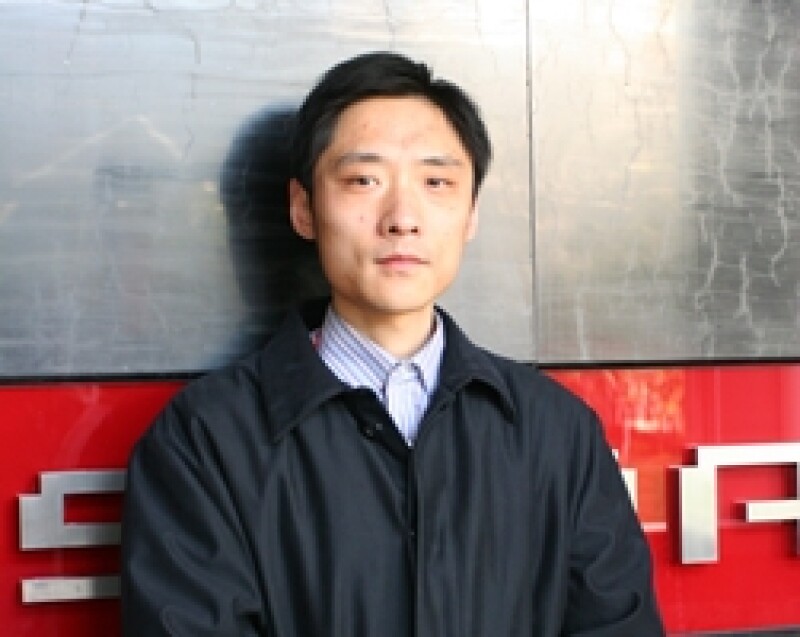Shanghai-based Shanda Group owns a number of gaming and publishing companies including Shanda Games, Shanda Literature and Nutshell Electronic. Each business has its own legal team which handles day-to-day work, but the legal department of the parent company is responsible for overseeing and developing legal strategy. Steven Lin joined Shanda four years ago. He has practised IP law for almost 10 years and received his SJD in July.

What sort of IP rights does Shanda have?
In terms of online games we register important business logos where we run businesses. We have applied for domestic copyright registration for all online game software as well as domestic trade marks. Shanda has more than 1,000 registered trade marks. Shanda has also applied for more than 400 patents ranging from a method of online communication to hardware for mobile phones and e-book readers.
Do people outside China play your games?
Shanda Games is pioneering in exploiting overseas markets and has been very successful, especially in south Asia.
What kind of IP disputes has Shanda been involved in?
|
|
"Over the past two years we have seen a significant rise in disputes involving unfair competition." |
|
|
Shanda is a prominent IT corporation and an important IP right holder in China. When it comes to the internet, Shanda is vulnerable to all kinds of IP infringement, especially copyright piracy. Over the past two years we have seen a significant rise in disputes involving unfair competition. Despite the fact that the number of online copyright disputes exceeds all other kinds of IP infringement, I feel many cases are closely related with unfair competition. For example, many games may use identical pictures or scenes from our famous games, or use a name that drops some hint of, or is identical with, names of Shanda games.
Shanda has accused Chinese search engine Baidu of providing links to infringing material. What action did you take?
The case you referred to is an online copyright infringement dispute in which Baidu was ordered to stop the tort and pay compensation of up to Rmb500,000 ($79,000). Copyright infringement by search engines poses a serious threat to Shanda Literature because of the complex nature of the secondary infringement, and because of the important role search engines play in promoting online piracy.
What three things you would most like the Chinese government to do to help protect IP?
|
|
"I hope our lawyers can evaluate their capability and strong points fairly and appropriately without exaggerating." |
|
|
Strengthening the protection of IP rests on the implementation of a comprehensive series of measures. Maybe the most important measures among them are to reinforce the execution of fines for intentional and vicious IP infringement; update current IP legislation to keep up with the latest developments in the internet and other technologies; and improve the execution of judicial decisions.
What law firms have you used to advise Shanda?
We usually employ Co-effort Law firm of Shanghai and Alston Bird and Finnegan in the US. We handle domestic and overseas legal affairs separately.
What do you most appreciate about outside counsel?
I practised as an outside counsel for Shanda for a long time before I became an in-house counsel. I believe outside lawyers are generally more experienced than internal counsel in terms of litigation, and are generally more capable of handling specific affairs. I hope our lawyers can evaluate their capability and strong points fairly and appropriately without exaggerating.
What advice do you have for other IP owners in China?
Protecting IP is in no way easy in China, yet the first thing an IP rights holder should understand is not to complain but to study the unique features of China’s legal background such as the parallel system of administrative and judicial protection, and the significant differences between the Chinese and US patent systems. Only by adapting ourselves to the Chinese environment can we find the best way to protect and develop ourselves well.










